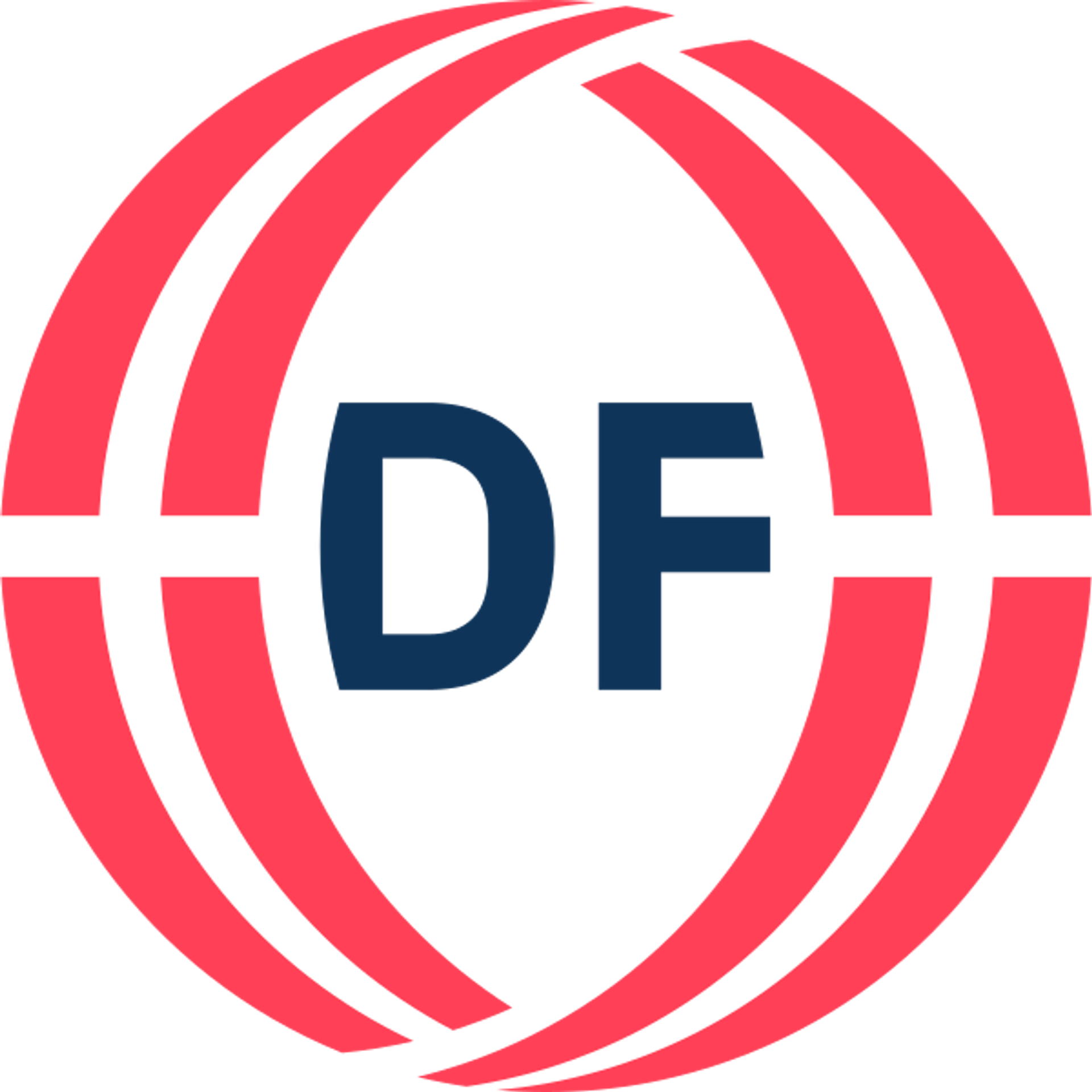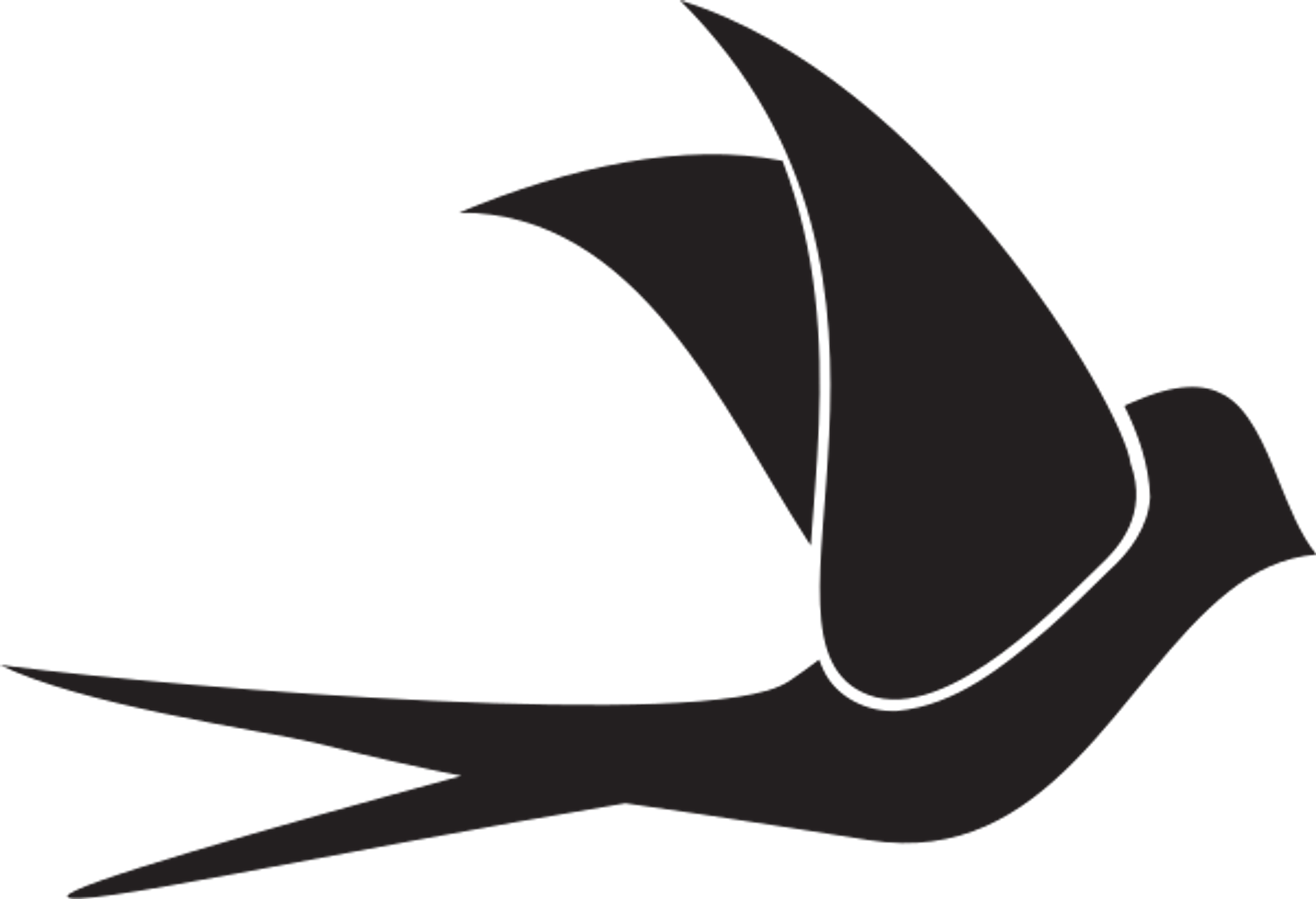Denmark Democrats - Inger Støjberg
What do people say about Denmark Democrats - Inger Støjberg?
The Denmark Democrats, founded by Inger Støjberg in June 2022, are perceived as a strongly conservative and right-wing populist party that has quickly attracted both staunch supporters and fierce critics. Their political stance is often viewed as divisive, appealing to nationalist and anti-immigration sentiments while alienating more liberal and moderate voters. The party's rapid rise has disrupted traditional Danish politics but has also raised concerns about the normalization of extreme rhetoric and policies. While some see them as necessary voices challenging the establishment, others criticize them for fostering intolerance and undermining social cohesion. Overall, the party's perception is deeply split, reflecting broader societal tensions in Denmark.
Where are the conversations happening?
The lack of specific channel mentions limits detailed source analysis, but typically, conservative and right-wing populist parties like the Denmark Democrats attract critical discussions in mainstream and liberal media outlets, while receiving more favorable coverage in right-wing or nationalist platforms. The most critical discussions are expected to emerge from Danish public broadcasters and centrist or left-leaning news channels, which often highlight concerns about the party's rhetoric and policies. The absence of direct source data suggests that the overall media landscape is fragmented with respect to the party's perception, with criticism being the dominant tone in available discourse.
What are the topics trending around Denmark Democrats - Inger Støjberg?
Emerging trends around immigration policy, nationalism, and the influence of right-wing populism in Denmark are closely tied to the Denmark Democrats. Discussions about Denmark's political landscape, social cohesion, and the rise of populist parties influence the party's visibility and public perception.
Why are these topics trending?
The Denmark Democrats' foundation and rapid growth coincide with broader European trends of right-wing populism gaining traction amid concerns over immigration and national identity. These issues are highly debated in Denmark, directly impacting how the party is perceived and how its policies resonate with or repel different segments of the population.
How is Denmark Democrats - Inger Støjberg being talked about?
Detailed breakdown of public sentiment and conversations about this entity.
Impact vs Sentiment
See how each entity's high impact percentage relates to their positive sentiment percentage from actual mentions.



